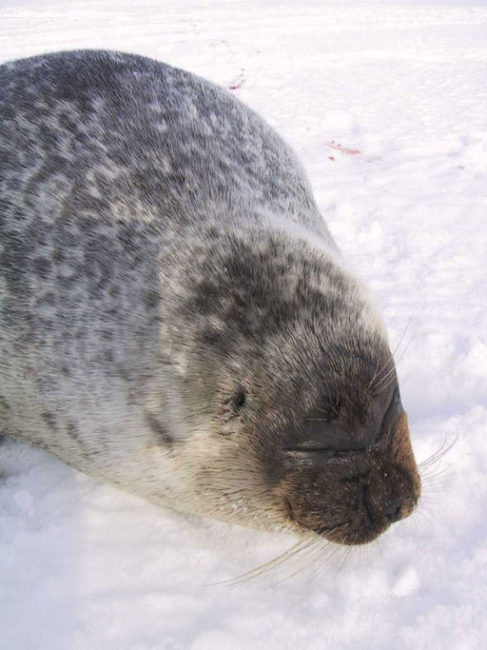
From rivers to ringed seals, Alaska is not always seeing eye-to-eye with the federal government on how its resources should be managed. Legislators recently got an update from the Department of Law on nearly 30 ongoing cases or conflicts the state has with the federal government, Alaska’s largest landowner.
Questions about how that land can be used, who controls it and how it can be developed often wind up in court.
“The theme that you’ll see in a lot of these cases is that in recent years the federal government, through regulation, has tried to expand federal jurisdiction and federal powers in this state,” said Alaska’s acting Attorney General Jahna Lindemuth.

She and members of the Department of Law started briefing legislators last month on everything from the road to King Cove to protecting seals through the Endangered Species Act.
The state isn’t necessarily suing the federal government in these dozens of cases. In the case of Alaska moose hunter John Sturgeon who is suing the U.S. Department of the Interior, the state is not a party to lawsuit. It’s just intervening.
That case started when rangers in the Yukon-Charley Rivers National Preserve told Sturgeon that he couldn’t use his hovercraft there. It wound up in the Supreme Court last year and is now back in front of a court of appeals and has since morphed into a debate on federal overreach.
The state has also weighed in on the battle between the Environmental Protection Agency and the development of the Pebble Mine.
Some issues haven’t made it to court yet, but could. Last year, President Barack Obama banned drilling in large portions of the Chukchi and Beaufort seas. The state is trying to figure out what, if any, legal recourse it as.
But Attorney General Lindemuth said there may be change on the horizon. President Donald Trump has already rolled back at least one federal rule that Alaska was involved in challenging.
“You know, with this change in administration at the federal level we’re hopeful that we’ll be able to work through many of these issues more quickly and without litigation on some of these things. So, we have hope and we’ll see what happens,” Lindemuth said.
Lindemuth said the Department of Law is also taking that “wait and see” approach with some of the state’s other disputes with federal agencies.